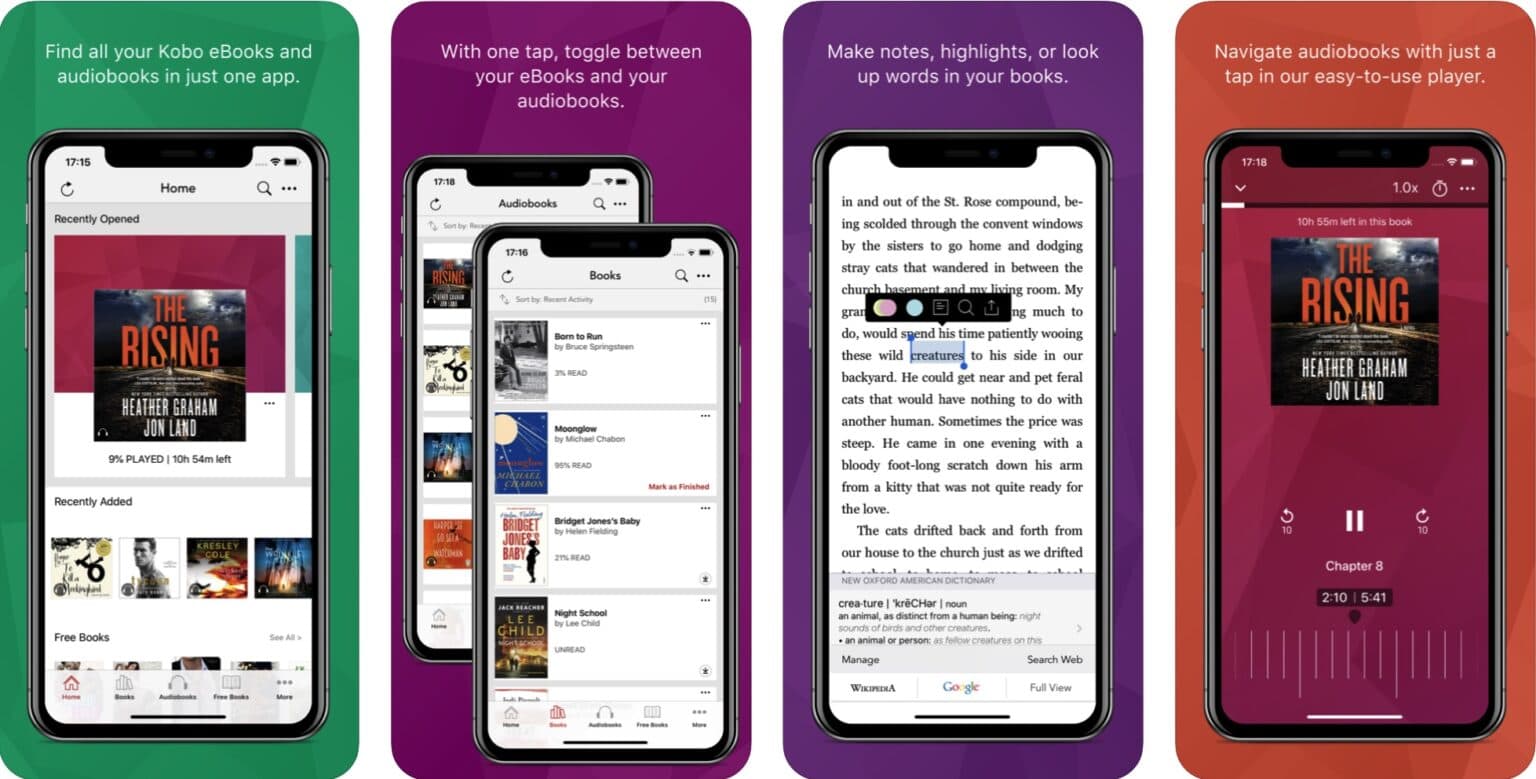Apple faces another antitrust complaint in the European Union, this time from Japanese tech company Rakuten. The anti-competition complaint relates to Apple’s e-book business, the Financial Times reported Tuesday.
In response, the EU opened an official investigation into the App Store. On Tuesday, EU competition commissioner Margrethe Vestager said the government will scrutinize Cupertino’s business practices. “We need to ensure that Apple’s rules do not distort competition in markets where Apple is competing with other app developers, for example with its music streaming service Apple Music or with Apple Books,” Vestager said. “I have therefore decided to take a close look at Apple’s App Store rules and their compliance with EU competition rules.”
Another branch of the investigation — unrelated to the e-book complaint — will look into Apple Pay.
Rakuten also owns an e-reader company called Kobo, which is featured in the App Store. It complains that Apple’s insistence on taking a 30% cut of every purchase has cost Kobo business. Rakuten avoids the fee by directing customers to its website to buy books, instead of selling them through the App Store.
According to the Financial Times, Rakuten filed its antitrust complaint in March.
E-books complaint is similar to other antitrust issues
The complaint is reminiscent of a previous complaint by Spotify against Apple. In March 2019, Spotify complained to the European Commission about Apple’s alleged anti-competitive behavior by charging fees while operating a rival service. Spotify says Apple makes it tough to avoid charging fees, which results in companies being forced to make services more expensive in order to be viable. At the time of Spotify’s complaint, CEO Daniel Ek wrote, “After trying unsuccessfully to resolve the issues directly with Apple, we’re now requesting that the EC take action to ensure fair competition.”
Amazon employs a workaround similar to Rakuten’s with Audible. People can browse for books on Audible’s audiobook app. However, they cannot purchase them through the app, since this would cost Amazon money in the form of Apple’s cut. Apple, meanwhile, sells its own audiobooks. Companies therefore must choose between selling through the App Store, and maybe hiking their prices to accommodate Apple’s commission, or selling through their own websites, which reduces business.
This is just the latest antitrust complaint made against Apple. Tile, a startup that makes location-aware tracking tags, complained to the EC that Apple has moved to hurt its smaller rival while preparing to launch its own tracking tags. Among the company’s complaints is that Apple hurt Tile’s functionality by making changes to third-party applications’ geolocation services. These do not apply to Apple’s own “Find My” app.
Apple and antitrust
Apple is not necessarily the first tech giant people think of when considering antitrust complaints. Unlike Google, Amazon or Facebook, Apple is not the marketplace leader in any one sector it operates in. Android has a greater marketshare than iOS on mobile. Windows PCs still outnumber Macs by a good margin. And services like Apple TV+, Apple News+ and even Apple Music are not leaders in terms of subscribers.
But a growing number of antitrust concerns have been directed toward Apple lately. Former presidential candidate Elizabeth Warren mentioned Apple as one of several tech giants allegedly abusing their position in the market. Recently, the Yale Law Journal published a paper titled “The Antitrust Case Against Apple.” While it is only a case study, it nonetheless lays out the possible complaints against Apple. The main one is that Apple has “exploited its market power to illegally tie the distribution of digital goods to its proprietary in-app purchase system to impose a 30% tax and extract supracompetitive profits, leading to higher app prices and reduced innovation.”
If Rakuten’s case against Apple gains momentum, it would be (as far as I’m aware) the second antitrust case targeting Apple’s e-books business. In 2012, The United States of America v. Apple Inc. antitrust case alleged that Apple conspired with book publishers to raise and fix the price of e-books. The company settled out of court in the price-fixing suit, in which potential damages rose as high as $840 million. The court also appointed an antitrust monitor to watch over Apple, which caused Cupertino no end of headaches.


